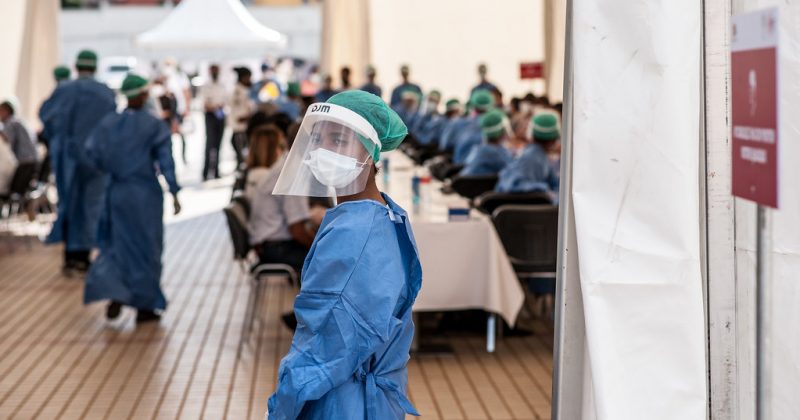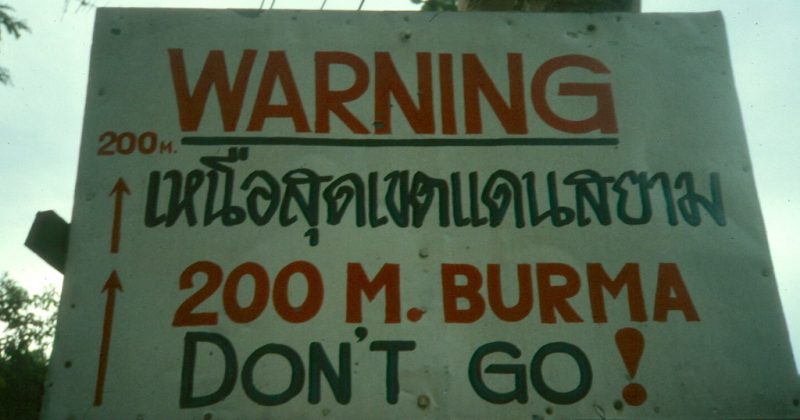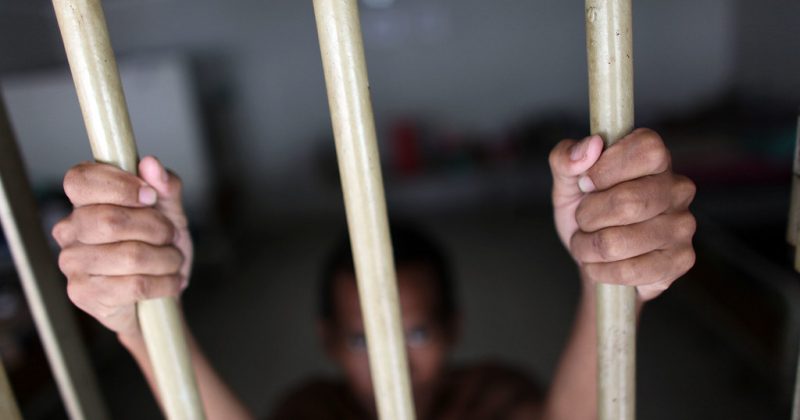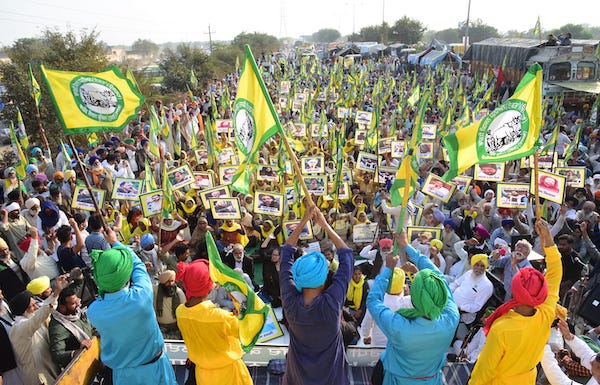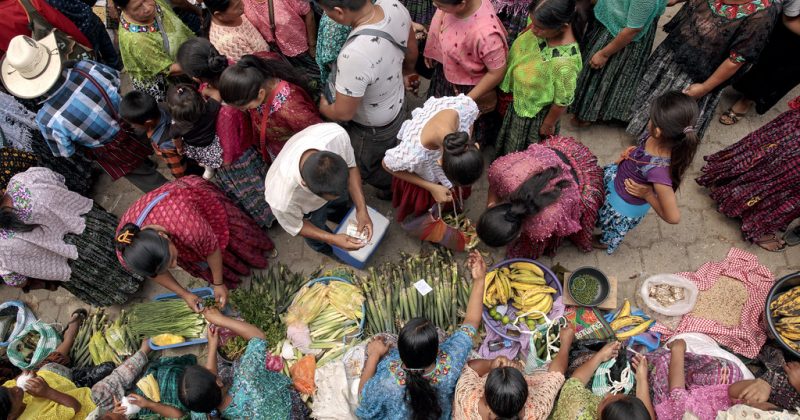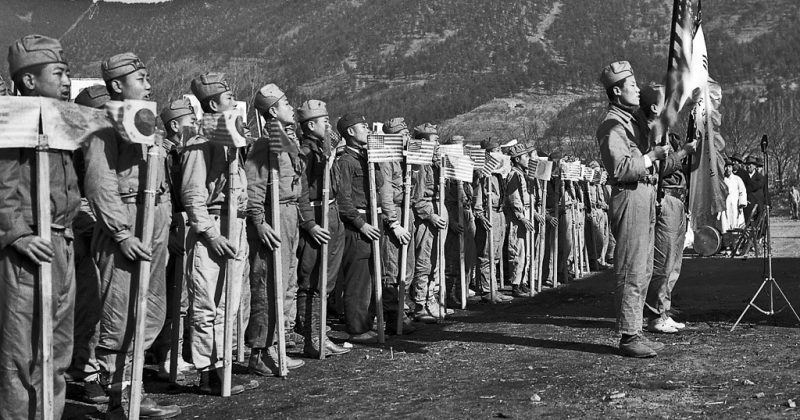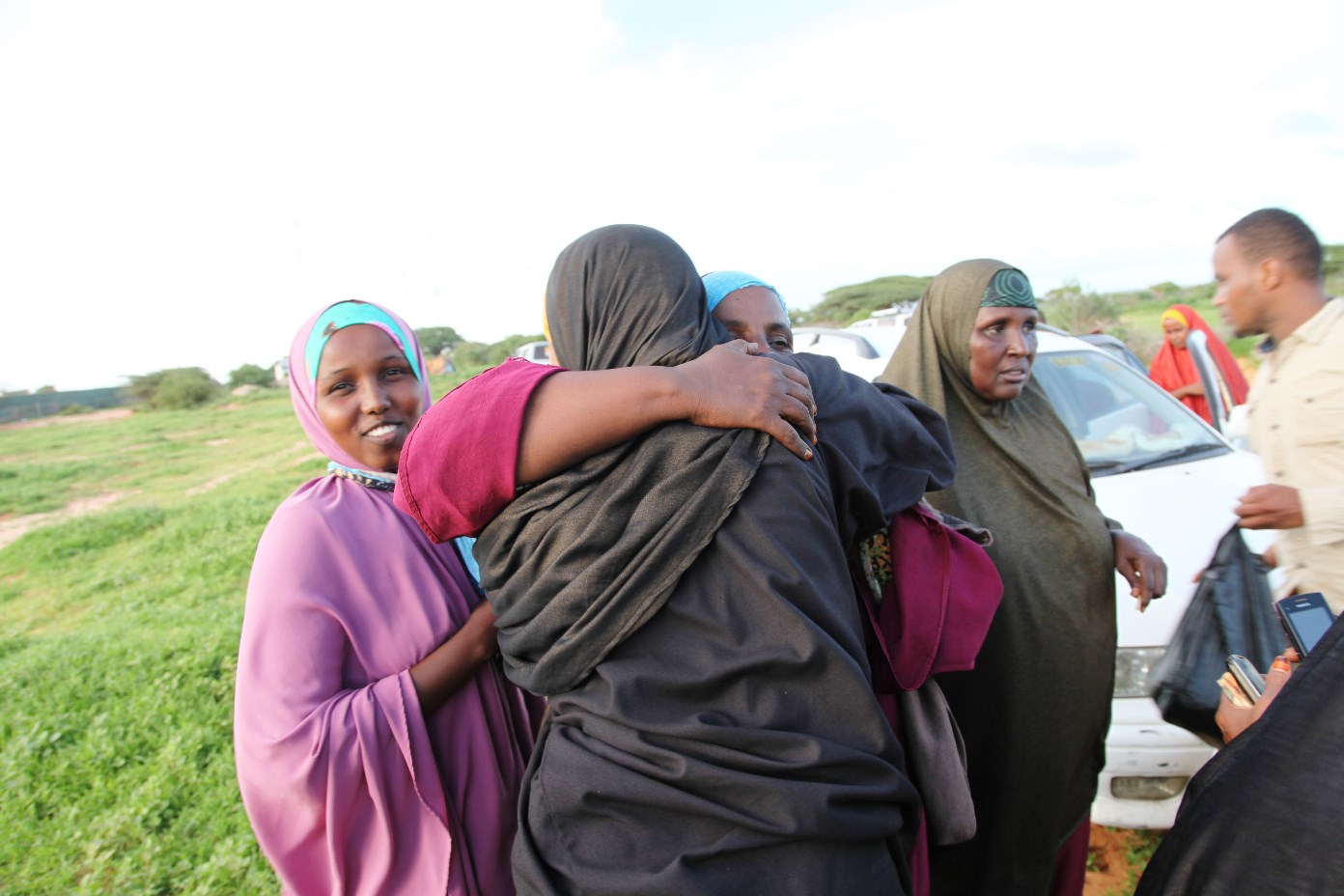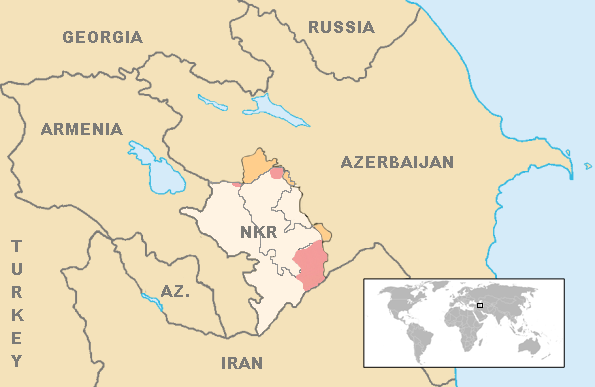
Macron, Laïcité, and a Fight for the Rights of French Muslims
By Lindsey Alpaugh, staff writer, RightsViews, Human Rights MA student.
French Muslims and French Electoral Politics
France is stomping on the freedom of religious expression of its Muslim population. This spring and winter have seen a slew of anti-Muslim legislation in France, with some political commentators believing these measures come in advance of a right-wing-oriented election in 2022.
On December 2nd, 2020 the Council of Ministers announced that it was dissolving the Collective against Islamophobia in France (CCIF). The CCIF was founded in 2003 to fight discrimination against Muslims in France, and to provide legal aid to those fighting discrimination cases. Criticizing this decision, Human Rights Watch stated that “under international and European human rights law, states can only restrict the rights to freedom of association, freedom of religion and belief, and freedom of expression in a way that is lawful, necessary, and proportionate. Dissolving associations under international human rights law should be a measure of last resort taken because an association advocates...

